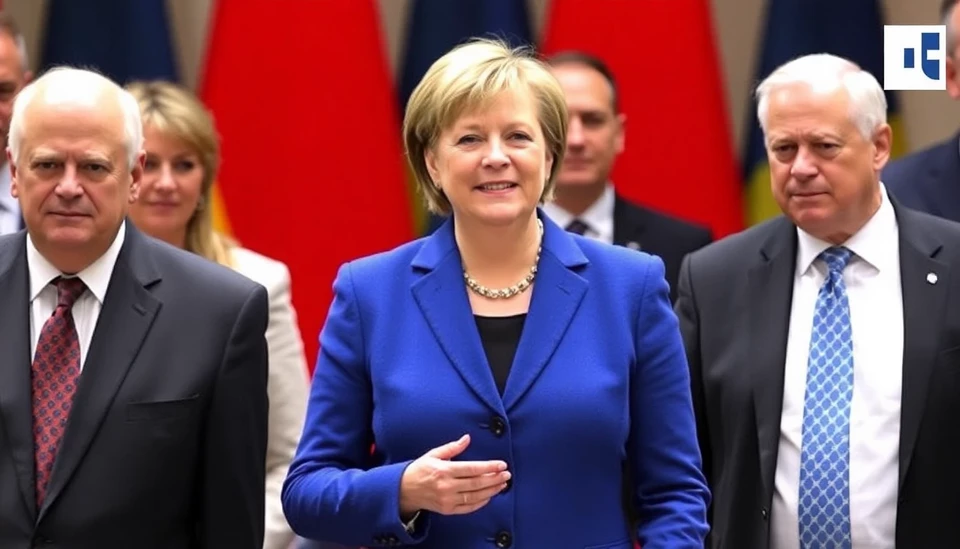
In a surprising turn of events, Germany’s current ruling coalition appears to be quietly unraveling, as factions within the government express increasing discontent with both policy direction and leadership. The coalition, made up of the Social Democrats (SPD), the Greens, and the Free Democrats (FDP), has struggled with deteriorating public support and internal discord, leading many to speculate that it might already be on the verge of collapse.
Recent opinion polls have surfaced with alarming statistics, indicating that the ruling coalition's approval ratings have reached new lows. Public sentiment toward Chancellor Olaf Scholz's government has soured significantly, with many citizens expressing disappointment over the perceived delays in implementing critical reforms necessary to address pressing issues such as climate change, housing affordability, and public safety.
The SPD, traditionally viewed as the backbone of the coalition, has witnessed a decline in its popularity, which has put considerable pressure on Scholz’s leadership. Internal factions within the party are becoming increasingly vocal about their dissatisfaction, creating an atmosphere of uncertainty regarding the coalition’s ability to govern effectively.
Leadership struggles are not confined to the SPD alone; the Free Democrats, led by Finance Minister Christian Lindner, have also lent their voices to the chorus of discontent. Lindner’s handling of fiscal policies and efforts to manage the country's budget deficit have drawn criticism, not just from opposition parties but also from within his own ranks. Concerns are growing that his economic agenda may diverge from the more progressive policies advocated by the Greens, adding to the coalition’s difficulties in presenting a united front.
The Greens, the environmental wing of the coalition, are equally frustrated with the government's slow pace in tackling ecological issues. Members are pushing for more substantial measures to reduce carbon emissions and to promote renewable energy, emphasizing that current efforts are insufficient in the face of an accelerating climate crisis. This division among the coalition partners raises questions about their collective commitment to ambitious environmental goals.
Political analysts suggest the growing divide within the coalition reflects broader trends in German politics, where dissatisfaction amongst the electorate is leading to a shift away from traditional parties. The rise of populist and fringe parties has created an unpredictable political landscape, further complicating coalition dynamics.
As the coalition grapples with these challenges, discussions of potential replacements for Scholz's leadership begin to circulate. Speculations regarding future elections loom, with some politicians pondering whether early elections might be necessary if the current instability continues. However, the prospect of dissolving the current coalition and risking a power vacuum holds significant ramifications for the country's political stability and governance.
The implications of a fracturing coalition extend beyond mere party politics—they could have profound effects on Germany’s role in Europe and the global stage. As one of Europe’s largest economies, Germany's stability is crucial for the EU’s economic health, and the complexities of international negotiations could be further complicated by internal disputes. Authorities fear that ongoing uncertainty might weaken the country’s influence and jeopardize critical partnerships.
Amid this political turmoil, citizens are keeping a close eye on developments, demonstrating a growing demand for transparency and accountability from their leaders. The question remains: will the members of this coalition find a way to reconcile their differences, or has the time come for a shift in Germany’s political landscape?
As the situation evolves, the nation watches closely, hoping for clarity and decisive leadership to navigate through these turbulent waters.
#Germany #PoliticalCrisis #RulingCoalition #Election2024 #ChancellorScholz #CoalitionPolitics #PublicOpinion #ClimateAction
Author: Daniel Foster




